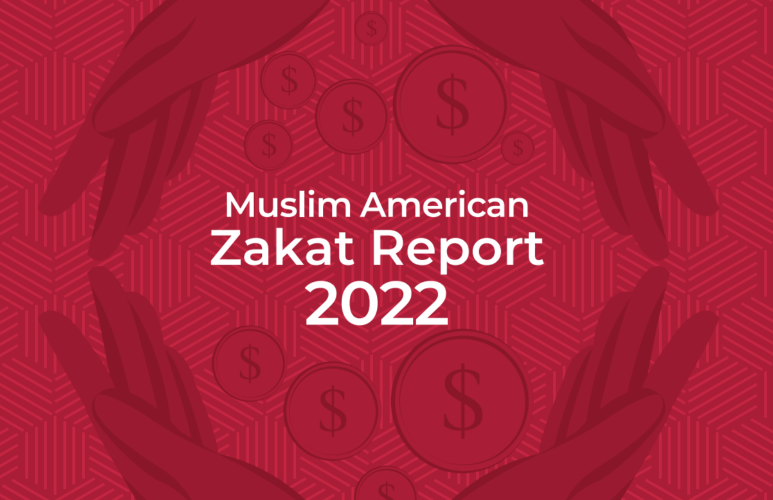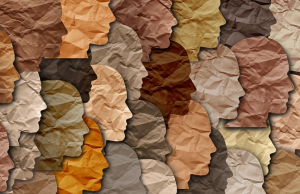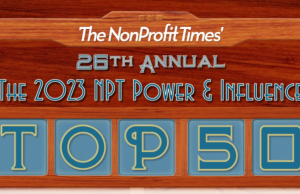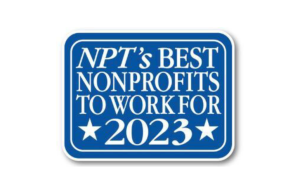Muslim Americans gave $1.8 billion in zakat funding to domestic and international causes in 2021, according to a new report released by the Muslim Philanthropy Initiative at the Indiana University Lilly Family School of Philanthropy at IUPUI.
The average Muslim American household donated $2,070 of zakat funds to charity, according to study data. Zakat, the third of five pillars of Islam, is an obligatory act of giving. While there is no prescribed time for zakat or sadaqa, many American Muslims fulfill charitable obligations during Ramadan, when charity is emphasized. This year, Ramadan is being observed April 2 through May 1.
“The Muslim holy month of Ramadan is an important time in the Muslim charitable calendar. It is likely that much of these $1.8 billion are donated or pledged during the month of Ramadan. It is critical that nonprofit organizations and charities find meaningful ways to engage with Muslim-American donors around Ramadan,” said Shariq Siddiqui, assistant professor of philanthropic studies and director of the Muslim Philanthropy Initiative at the Lilly Family School of Philanthropy.
Muslim American Zakat Giving 2022 data shows that, on average, Muslim Americans give zakat through both formal and informal means. When giving zakat to overseas causes they give through international nonprofit and nongovernmental organizations and through informal remittances. When giving in the United States, they give zakat through domestic nonprofits and directly to individuals in need. Some Muslim Americans give zakat through government.
The largest beneficiaries of Muslim American Zakat were international nonprofits, which received 25.3% of all zakat funds, followed by governments, (21.7% of zakat funds) and domestic nonprofits (18.3% of zakat funds). The study’s findings also show that a substantial amount of zakat (14.7%) is still given informally, whether in person, to relatives or to others, and through other remittances (12.7%).
The report also suggests that Muslims consider philanthropy to consist of a wide range of acts in addition to cash or in-kind donations. They include acts such as smiling, doing something from good intentions, helping relatives, encouraging right actions, furthering good causes, abstaining from harmful acts and advocating for the oppressed.
This expanded understanding of philanthropy is seen by many Muslims as essential to their social and civic participation and comes directly from Prophetic tradition (the sunnah, or exemplary sayings and doings of the Prophet Muhammad), where he describes various ways of doing charity, or sadaqa.
The survey of 2,010 Muslims and non-Muslims in the U.S. asked about faith customs, donation practices and attitudes, volunteer work, remittances, tolerance, and diversity. The report was funded by Islamic Relief USA.
“Zakat funds help provide lifesaving and life-enhancing aid to populations in need around the world, according to said Sharif Aly, CEO of Islamic Relief USA. “Ramadan is the most common time for Muslims to give zakat, and we expect this year to be another year of generosity from our community,” said Sharif Aly, CEO of Islamic Relief USA.
Read the full report here.











